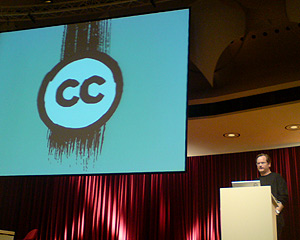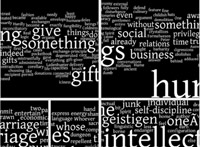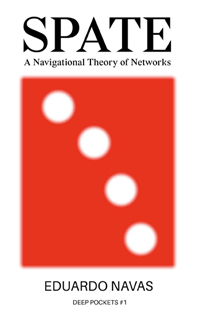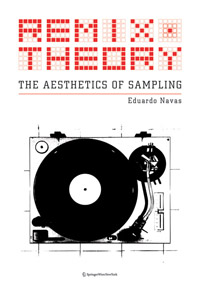The Internet DJ by Chris Alden
Source: The Guardian UK
Thursday April 14, 2005
MP3 blogs are growing in popularity, attracting thousands of users daily. But while bloggers see their relationship with the industry as one of cooperation, it is a legally grey area. Chris Alden reports
The Guardian
“Find a feeling, pass it on.” So sang pop dreamers The Coral two summers ago: these days, it’s the mantra of a new breed of musical bloggers.
MP3 bloggers, as they are known, are people who hunt down and post musical gems — usually hard-to-find or niche MP3s — for others to discuss and, for a limited time, download.
Simon Pott from Bristol is one. As main contributor to Spoilt Victorian Child, a group blog named after a 1993 B-side by The Fall, he thinks of himself as a kind of DJ for the internet.
“I can’t help it,” he says. “If you pick a record up or are listening to something great, you can’t wait to play it out and share your excitement. When I’m at home listening through my records I get the same feeling.”











